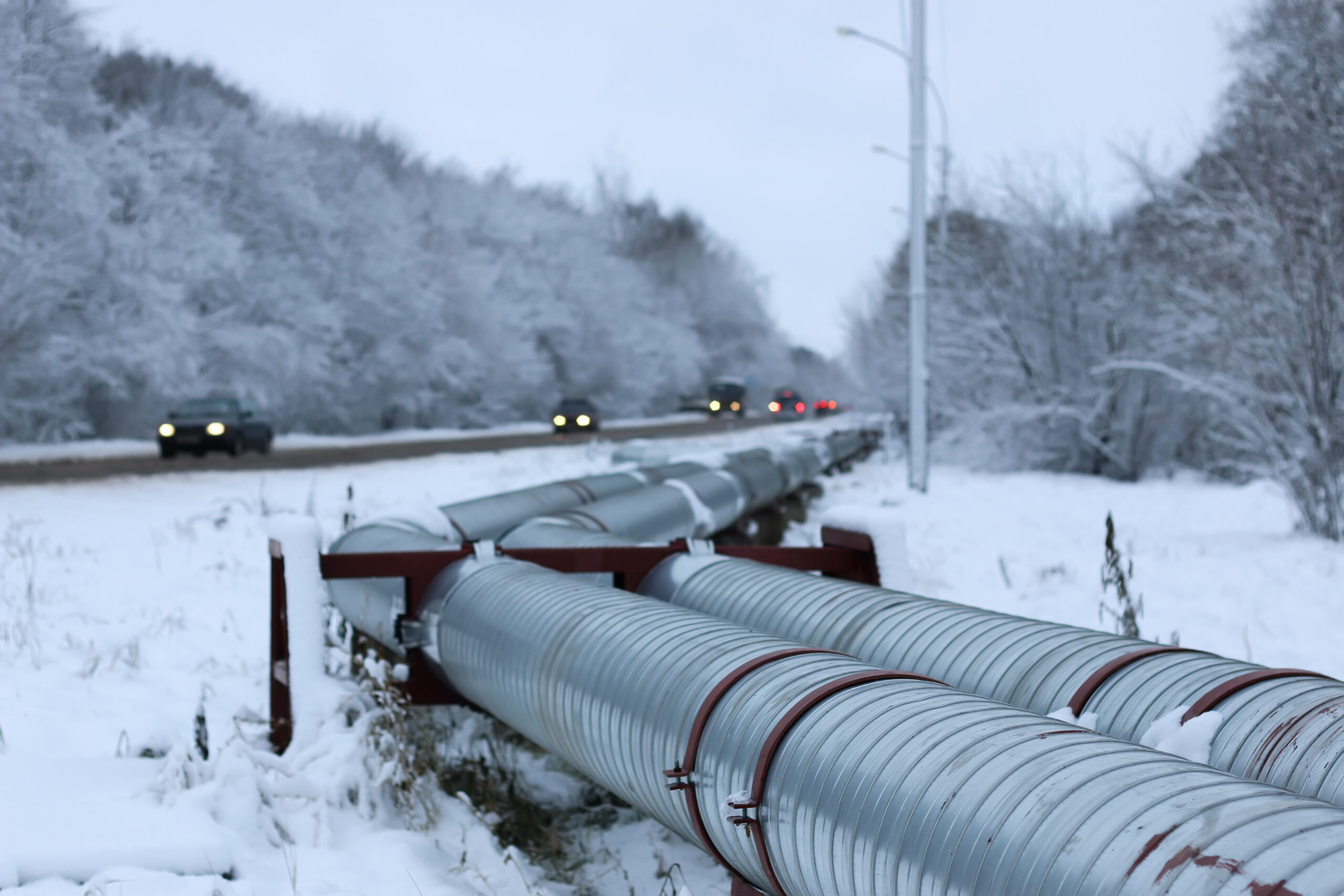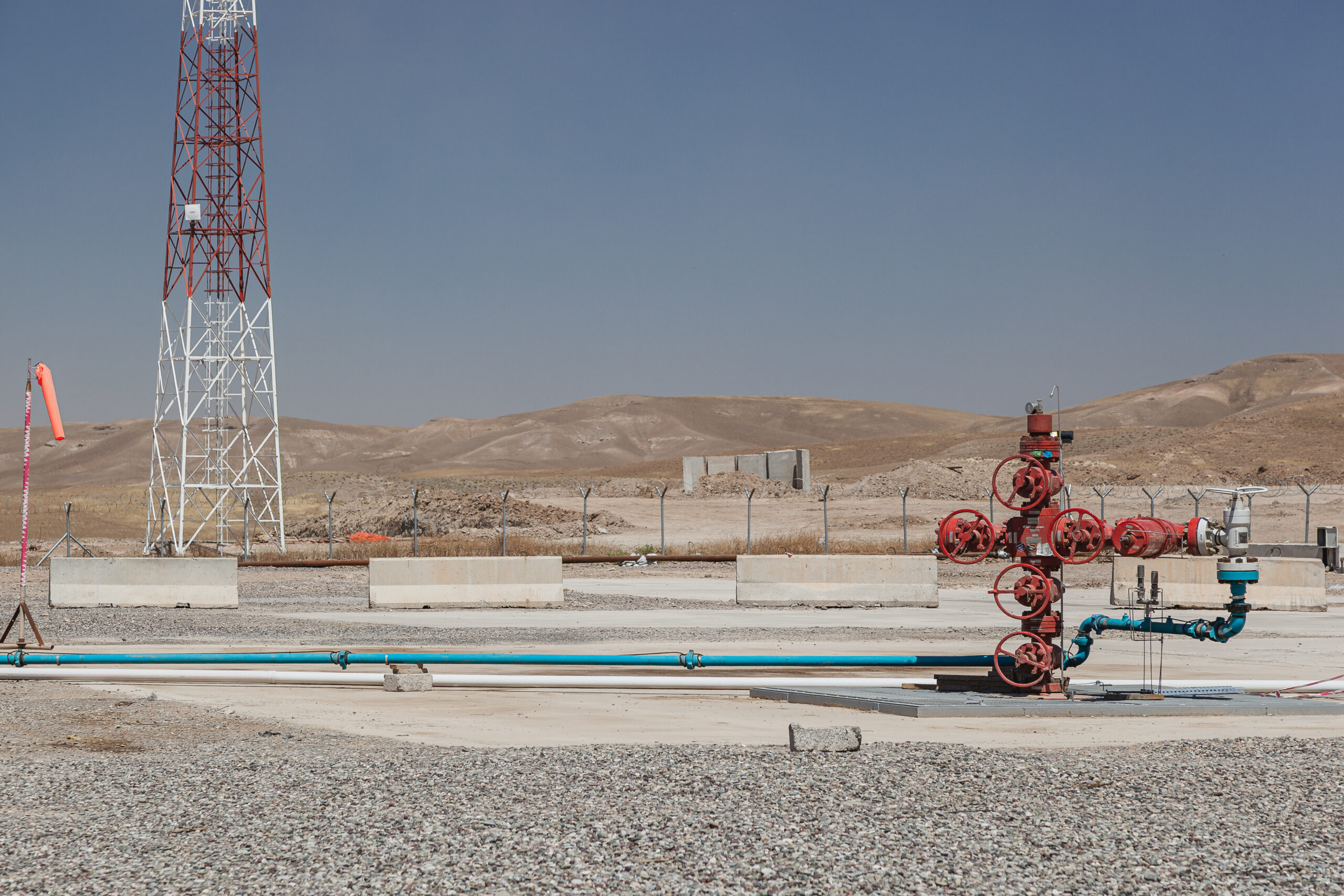EU deal to cut gas by 15% promises dispute resolution
The deal helped smooth over disputes over who should carry the largest burden of cutting Russian gas use.

In late July, the European Union announced a plan for member states to cut their natural gas consumption by 15 percent before next winter in an effort to prevent a catastrophic shortage of energy supplies.
“Today’s decision has clearly shown the member states will stand tall against any Russian attempt to divide the EU by using energy supplies as a weapon,” Jozef Síkela, Czech minister of industry and trade, said in a July 26 statement. “Saving gas now will improve preparedness. The winter will be much cheaper and easier for the EU’s citizens and industry.”
European gas storage has been depleted, and Russia continues to throttle back on gas exports as a way of applying pressure on Europe. There is a ceiling on how much liquefied natural gas the continent can import, and replacing gas with alternatives is difficult in the short run, leaving conservation as a necessary step.
The urgency to conserve gas was underscored by Gazprom’s latest decision to slash gas exports to Europe by half, with gas flows from Nord Stream 1 now running at 20 percent of the system’s capacity. Gazprom blamed delays in the delivery of equipment, but the reduction is widely seen as a power play by the Kremlin, squeezing Europe ahead of next winter.
The 15 percent cut for members states will be compared to their average gas consumption from the past five years.
Conservation efforts, large and small, are already underway. For example, Germany has cut lighting to its presidential palace at night, and pools and gyms are shutting off hot water. Heavy industry is also affected. BASF SE, a large chemical producer, will lower the production of ammonia, a particularly heavy user of gas. More broadly, extremely high prices are also forcing cutbacks across the board, for both industrial users and regular households.
In a nod to the different circumstances for each member state, the EU deal to cut gas use is voluntary, and does not offer specific prescriptions on how countries should cut their gas use.
“European countries are completely different in terms of their domestic energy makeup and their dependence on Russian imports,” Jonas Nahm, assistant professor of energy, resources, and environment at the Johns Hopkins School of Advanced International Studies in Washington DC, told Gas Outlook.
Implementation will be tricky, however. “Who cuts and from where, that’s actually going to be pretty difficult. You’re already hearing some complaints about that,” Samantha Gross of the Washington-based Brookings Institution also told Gas Outlook. “But that’s honestly to be expected. This is not going to be an easy thing.”
In reaction to an earlier proposal to cut gas use, Spanish Deputy Prime Minister Teresa Ribera pushed back on being asked to cut consumption: “Unlike other countries, we Spaniards have not lived beyond our means from the energy standpoint.” That statement was clearly a dig at Germany, with echoes of the debt crisis from several years ago, which split northern and southern Europe, experts say.
“During the traumatic Eurocrisis, Spain was lectured by Germans about the need for austerity and about ‘living beyond their means’, and now Spanish leaders have turned the table and are accusing Germans of living beyond their energetic needs over the past few decades,” Stephen Gross, director of the Center for European and Mediterranean Studies at New York University, told Gas Outlook. “So, there are wounds that this whole energy issue is reopening.”
Who cuts, and from where?
Today’s gas crisis puts Germany in an uncomfortable spot. For years, Berlin saw Russia as a reliable commercial partner, supporting more pipeline connections to bring in more Russian gas. German industry is heavily dependent on gas from Russia, more so than other European countries.
Spain, in particular, is less connected to the European energy system, and has built up LNG terminals, making it less vulnerable to the current crisis. Meanwhile, countries in Eastern Europe, also reliant on Russian energy, have been more skeptical of Moscow, and have consistently called on European policymakers to improve energy security.
“The high dependency on Russian gas is primarily seen as a German problem,” Nahm said. Germany has been more responsible than others in building European dependence on Russia, and now it is asking other European countries for help.
“In a way they have a point,” Nahm said, referring to Spain taking umbrage at German calls for conservation. “But in the end, this is also not just about gas. It’s also about a broader geopolitical threat for the whole continent.”
The discord, such as it is, is not necessarily a bad thing. It helps to get the “arguments out in the open while it’s still summer and we’re still talking about a crunch rather than living through it,” Gross said.
The EU deal on cutting gas use by 15 percent offered an array of exemptions to different countries. Ireland, Malta, and Cyprus are completely exempted because they are physically disconnected from the European energy system. Estonia, Latvia and Lithuania are also exempted because they are still tied into the Russian power grid. Other countries can request leniency if critical industries are at risk.
Those exemptions would seem to undercut the efficacy of the agreement. But with Germany now expected to take on more of the burden in cutting gas use, the exemptions granted to other member states helps bring them on board. “As such, the exemptions are not reducing the efficacy of the deal, but making it politically feasible,” said Jacob Kirkegaard, a senior fellow at the Washington-based German Marshall Fund, in emailed comments.
It also will have the effect of turning a need to cut gas into an issue of European solidarity, he added. That means “most centrist governments will now have another political reason to implement reductions in gas demand,” he said. “This is particularly important in Germany, where the Green Party has strongly opposed the continuation of nuclear power in Germany.”
The math on cutting gas 15 percent may necessitate keeping Germany’s last three nuclear power plants online a little while longer, Kirkegaard added. They are currently scheduled to close at the end of the year. On August 3, German Chancellor Olaf Scholz raised that possibility, saying that extending the operation of the country’s nuclear fleet beyond 2022 “can make sense.”
Giving nuclear power another chance in Germany underscores the seriousness of the current energy crisis, and the difficult decisions governments will need to make. Cutting gas use, especially in Germany, won’t be easy. “Because of the way their gas is used – in industry and home heating – it’s really hard to replace,” Gross said.
While old coal plants can be turned back on, and nuclear plants can have their operational lives extended, there is no easy answer for industrial and residential gas use. “You can’t change out millions of furnaces overnight. It just doesn’t work that way. And the same thing with industry. There’s not another way to keep that industry going quickly over the short-term,” Gross said. “The Germans in particular are caught with a lot of uses that are difficult to replace.”
Germany recently agreed to spend 177 billion euros over the next four years to accelerate the country’s shift to cleaner energy. The biggest portion of that, 56 billion euros, will go to making buildings more efficient.
But the specific focus on who is cutting and by how much, or who is to blame for the current predicament, obscures the impacts the energy crisis is having across Europe, and even around the world.
Nahm circled back to the notion that the crisis is just a “German problem,” using pharmaceutical manufacturers as an example.
“We can shut down the German chemical industry, but then you won’t get Tylenol anywhere else in the world. These things are all connected,” Nahm said.
“These inputs are maybe German inputs, but they are going into global supply chains and these supply chains are already stressed,” he said. “So, it’s really in everyone’s interest to figure out a way to avoid any kind of drastic unannounced changes and I think that’s what this European deal is trying to do.”



